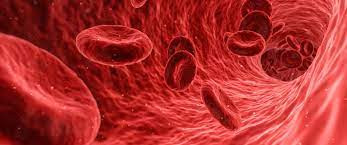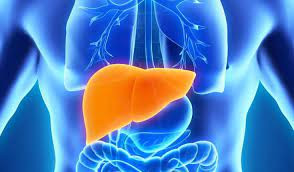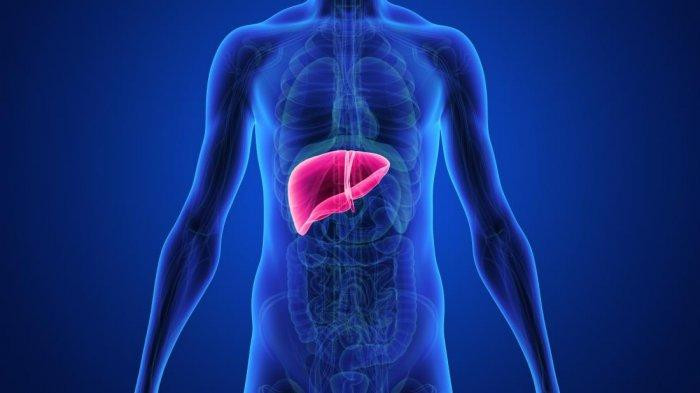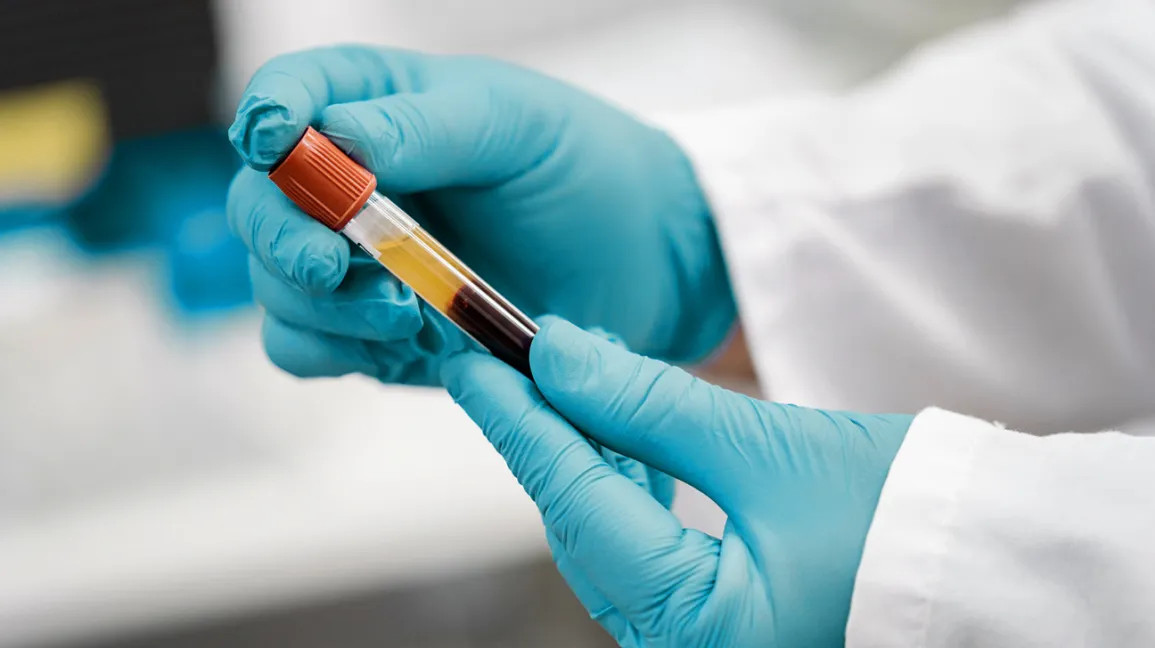Definisi
Demam tifoid merupakan penyakit yang disebabkan oleh bakteri Salmonella typhi (S. Typhi). Bakteri tersebut akan menginfeksi saluran cerna sehingga menyebabkan demam, nyeri perut dan gejala lainnya. Demam tifoid menular melalui makanan dan air yang sudah terkontaminasi dengan bakteri penyebab demam tifoid.
Antibodi merupakan protein yang terbentuk ketika tubuh mendeteksi adanya benda asing di dalam tubuh sebagai bentuk pertahanan. IgG merupakan antibodi yang umumnya terbentuk dan IgM merupakan antibodi pertama yang terbentuk ketika tubuh anda terkontak dengan virus atau bakteri. Baik IgG dan IgM ditemukan dalam darah dan cairan tubuh lainnya. Pemeriksaan IgM anti Salmonella dilakukan untuk membantu penegakan diagnosis demam tifoid.
Indikasi
Dokter akan menyarankan melakukan pemeriksaan ini bila Anda baru saja kembali dari berpergian ke daerah dengan risiko tinggi demam tifoid, kontak dengan pasien demam tifoid atau memiliki gejala demam tifoid. Masa inkubasi dari bakteri Salmonella typhi antara 7 sampai 14 hari, tetapi dapat muncul lebih cepat hingga 3 hari atau lebih lama hingga 30 hari. Masa inkubasi dihitung sejak bakteri masuk ke dalam tubuh hingga muncul gejala awal. Adapun gejala dari demam tifoid, seperti :
- Sakit kepala
- Mengigil
- Kehilangan nafsu makan
- Nyeri pada perut
- Adanya bintik kemerahan biasanya pada area dada atau perut
- Batuk
- Nyeri otot
- Mual, muntah
- Diare atau konstipasi
Kontraindikasi
Tidak ada kontraindikasi khusus terkait pemeriksaan IgM anti Salmonella.
Persiapan Sebelum Pemeriksaan
Tidak ada persiapan khusus sebelum melakukan pemeriksaan IgM anti Salmonella. Pemeriksaan ini tidak mewajibkan Anda puasa sebelumnya kecuali Anda juga melakukan pemeriksaan lain yang mengharuskan berpuasa sebelumnya. Anda perlu menghindari obat antibiotik. Diskusikan dengan dokter terkait instruksi khusus lainnya sebelum pemeriksaan.
Prosedur Pemeriksaan
Pemeriksaan IgM anti Salmonella merupakan pemeriksaan darah sederhana dengan sampel darah. Petugas laboratorium akan membersihkan lengan Anda dengan alcohol steril dan mengambil sedikit darah Anda dari pembuluh darah vena di lengan menggunakan spuit steril. Anda mungkin merasakan nyeri sedang ketika proses pemasukkan jarum atau ketika darah diambil. Anda mungkin akan merasakan seperti tertusuk atau rasa terbakar. Relaksasikan lengan anda untuk mengurangi rasa nyeri. Pada bayi, pengambilan darah dilakukan pada tumit.
Ketika petugas sudah selesai mengambil sampel darah, Anda perlu memberikan tekanan ringan pada area tersebut untuk mencegah memar atau pembengkakan. Risiko pemeriksaan ini cukup minimal. Beberapa orang merasakan nyeri, pusing, dan memar saat pengambilan darah. Namun, hal ini biasanya hilang dengan cepat.. Selanjutnya, darah akan dimasukan ke dalam tabung darah dan diperiksa oleh petugas laboratorium dengan mencampurkan reagen khusus disebut blue agent, yaitu partikel indikator berwarna biru yang dilapisi monoclonal antibodi (mAb) yang spesifik terhadap antigen Salmonella Typhi.
Hasil campuran sampel tersebut akan diletakkan pada penyangkah magnet yang tersedia untuk memisahkan partikel indikator berwarna dengan partikel magnetik dari indikator yang tidak berikatan. Hasil pengamatan berupa warna yang terlihat dari campuran reaksi tersebut, dengan rentang warna antara merah hingga biru tua. Hasil pembacaan tercantum pada skala warna. Pada kebanyakan kasus, hasil pemeriksaan dapat diperoleh dalam waktu satu hingga dua hari kerja (walau dapat berlangsung lebih lama).
Nilai Normal dan Abnormal
Nilai normal pemeriksaan IgM anti Salmonella memberikan hasil berupa negatif sedangkan nilai abnormal IgM anti Salmonella memberikan hasil berupa nilai positif pada pemeriksaan dan tidak jelas.
Pemeriksaan IgM anti Salmonella tidak dapat berdiri sendiri sehingga hasil yang lebih pasti dilakukan pemeriksaan bersama dengan pemeriksaan IgG.
Skor pemeriksaan berkisar antara 0 - 12 dimana nilai 0 menunjukkan warna semakin merah dan nilai negatif sedangkan nilai 10 menujukkan warna biru dan semakin positif hasilnya. Dimana nilai 0 - 2 merupakan nilai negatif dan nilai 3 - 10 menujukkan nilai positif.
Hasil dan Saran (Pemeriksaan Lanjutan)
Hasil pemeriksaan IgM anti Salmonella yang negatif mengindikasikan tidak adanya infeksi bakteri pada waktu pemeriksaan atau IgM masih belum terdeteksi (karena dalam jumlah kecil). Pada pasien dengan risiko tinggi tertular demam tifoid disarankan melakukan pemeriksaan rutin untuk memeriksa adanya kemungkinan terinfeksi atau terjadinya infeksi kembali.
Pada hasil pemeriksaan IgM anti Salmonella yang positif menunjukkan adanya antibodi yang melawan bakteri salmonella sehingga mengindikasikan baru saja terinfeksi salmonella thypi. Antibodi IgM berfungsi sebagai penanda atau marker pada hasil positif infeksi baru saja terjadi. Dokter pada umumnya akan melakukan pemeriksaan IgG untuk membantu memeriksa indikasi infeksi tersebut baru saja terjadi atau riwayat telah terinfeksi sebelumnya.
Konsultasikan ke Dokter yang Tepat
Bila hasil pemeriksaan anti Salmonella IgM menunjukkan hasil tidak normal, Anda dapat berkonsultasi dengan dokter umum untuk mendapatkan diagnosis dan terapi yang sesuai. Anda juga dapat berkonsultasi dengan dokter spesialis penyakit dalam terkait kondisi Anda.
Mau tahu informasi seputar hasil pemeriksaan laboratorium, radiologi, dan lainnya? Cek di sini, ya!
- dr. Monica Salim
Thyphoid Fever. (2023). Retrieved 22 May 2023, from https://www.mayoclinic.org/diseases-conditions/typhoid-fever/symptoms-causes/syc-20378661
Thypoid Fever. (2021). Retrieved 22 May 2023, from https://www.nhs.uk/conditions/typhoid-fever/diagnosis/
Thypoid Fever. (2022). Retrieved 22 May 2023, from https://my.clevelandclinic.org/health/diseases/17730-typhoid-fever











